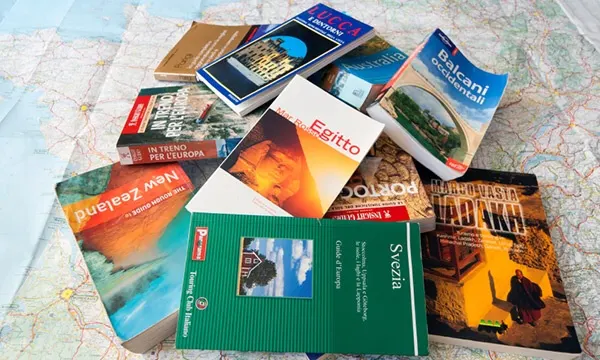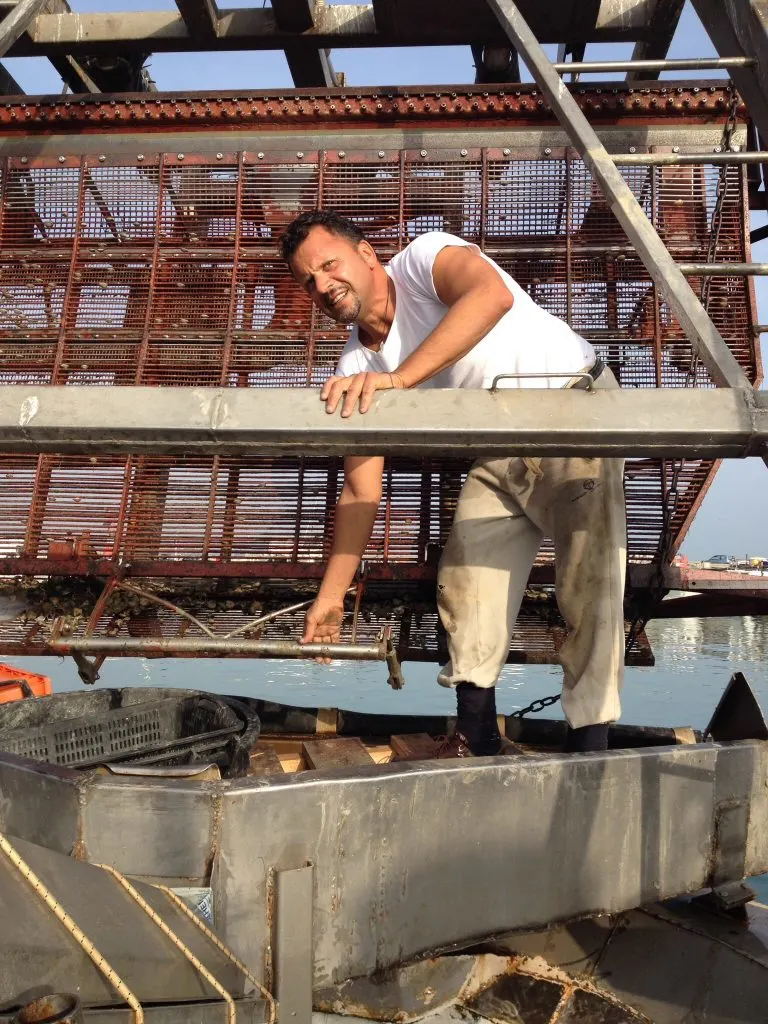I probably don’t need to tell you why travelling is one of the most enriching experiences of life: we all need to understand though that travelling in a responsible way is possible, easy and doesn’t require any compromise.
You might be wondering though, what you can do concretely, in your own small way, to be a responsible tourist anytime you travel.
Here it’s the answer: these are my personal 10 rules to follow before and during your travels.
1- Read, study, do your homework! It doesn’t take much to be prepared when traveling: read a book, rent a travel guide at your city library or watch a documentary about the country you’re going to visit, then learn some basic words of the local language (hello, please, thanks…trust me, people will thank your effort with huge smiles!) . Also, look online for the local tour-operators organizing excursions and day-trips, and go for one operating in a responsible way.
On site, try and talk to some locals about the culture and the country traditions: you will treasure these encounters years later.
2- When possible, take a train or a bus rather than the plane. If you can’t, do you know that some airlines are more sustainable than others? Here it’s a list you can consult before booking your plane.
At destination, avoid as much as possible taxis and cars: local buses, bikes and simply walking are eco-sustainable transportation solutions, inexpensive and often more fulfilling.
3- Respect the environment and don’t destroy it: do not pick up ‘souvenirs’ from national parks, game reserves or archeological sites (in other words, don’t act like this tourist!!). Don’t abandon your garbage: keep it with you until you find a trash can and recycle, when possible.
4- Water is such a lacking resource in many parts of our planet: don’t waste it, always close the faucets. When you get out your hotel room, make sure you have switched off all of the lights and the air-conditioning.
5- Protect the fauna: don’t buy items or accessories manufactured with leathers, furs and animals’ parts. Don’t eat meat of endangered animals, even if it’s considered a local delicacy.
6- Respect the customs and local traditions: for example, in a conservative country dress adequately and if necessary cover your head. Recently in Morocco I found out that Berber women really appreciated me covering my head, and were more willing to talk to me. In the poorest countries, moreover, avoid showing off your wealth (avoid wearing watches, jewelry and designer bags).

7- Now more than ever ‘volontourism’ has become fashionable, especially among young travellers. To leave and help a far away community is a beautiful idea, but unfortunately there are companies profiting of this kind of tourism and of travellers with a big heart.
It’s not uncommon for associations to ask volunteers thousands of dollars to participate in a program, and where does this money go? Not always to local communities.
Then, how do I choose the right program? Check out the Ethical Volunteering Guide to help you choose the right program and website, and ask questions to the associations! If they are a serious company, they won’t have any problem giving you all kind of informations.
8- If your next destination is a third world country, with economical problems, you will be surrounded by children begging for money, and it will be difficult to say “no”: it may sound cruel, but avoid giving money to kids, because what for us might me a very small amount, will contribute to them leaving school. We all know how important is education!
If you want to donate some money, do your research and donate through recognized humanitarian associations that will make sure your money will go to those more in need.
9- In developing countries it’s easy to feel you need to give a handout: better than this, though, is to contribute to the country’s economy by buying some gifts for friends and family: of course choose handmade goods made by local artisans!
10- During your travels, to near or far away countries, you will want to capture a moment or a smile with your camera. Do it, but always remember that locals aren’t animals in a zoo: before snapping the picture ask for permission.





Mark Lindstrom
Friday 6th of January 2023
If you really care about green tourism, then stop promoting activities like swimming with turtles and whale sharks. Any time there is a great concentration of wildlife (especially in the ocean) it means there is an imbalance in nature. The Akumal turtles are getting tumors from too many tourists. The whale shark industry is rent with abuse.
The other abuse is drones. It's disruptive and not green at all. It's selfish.
Steph
Friday 6th of January 2023
Hi Mark, I didn't know about the turtles in Akumal, I visited a few years ago and the situation at the time was OK for what I could see. I will research the topic and make any necessary edits to my content.
Regarding drones, I don't know where you read that drones affect wildlife. I'm yet to find an article that highlights this aspect - in fact, most associations say that the use of drones can help the environment in multiple ways. I personally only use a drone in areas where it's allowed by the law of the visiting countries. I wouldn't use a drone over a national park or a place where it was specifically not allowed (for example, over some hotels for privacy reasons):
Regarding the whale sharks, swimming with them is not inherently bad, I'm not sure why you have that idea. It can be absolutely done ethically by respecting the distances and by choosing the right tour operator. It's actually encouraging conservation by eliminating the illegal fishing that happened before the tourists arrived.
Tourism that involves wildlife is not necessarily bad - in fact, even some zoos can be ok. I only recommend tour operators taht actr in sustainable ways and respect the rules that were made to protect the environment. Would you say taht riding horses is unethical? What about camels? It's not black or white, it can be good or bad depending on how the animals are treated and respected.I suggest you research the topic a bit more.
7 Reasons Why Responsible Tourism is Better for Everyone
Tuesday 14th of March 2017
[…] we, as travelers, follow the rules of Responsible Tourism, we’ll go out of our way to support locally-owned businesses and […]
Anne
Wednesday 4th of March 2015
Here, instead of giving money to the kids (who are often offering a service like polishing shoes or selling peanuts), we buy them a snack. Share a cookie with them, offer a piece of mango, something they wouldn't normally get.
GiselleandCody
Tuesday 3rd of March 2015
#1 is a huge one for us. Just learning a few words in another language makes a huge difference. We shop locally as much as we can weather it's buying handicrafts/art or even buying groceries. It's important to spread your money out.
Karianne
Sunday 1st of March 2015
Such a great post with so many true points.
For me, #1 and #6 are such important parts of travelling. When I visit a new country, I make sure I understand as best I can their culture to ensure that I do not cause offence while travelling - wearing head scarves in Indonesia, dressing respectfully at religious sites, not leaving chopsticks in my rice in Japan, not facing my feet towards people in Thailand. Its not difficult but some people just don't seem to understand the importance of respecting local culture and beliefs.